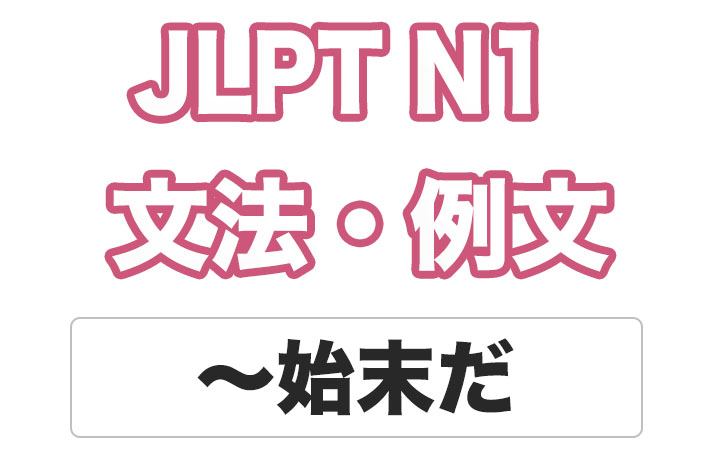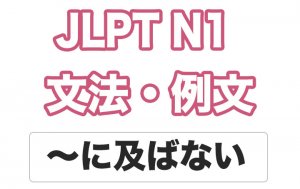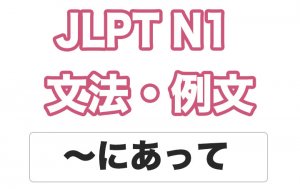
文型:〜始末だ
[意味]
〜という結果だ
色々と経過を経て、最後には悪い結果になったと言いたい時に使う。
[英訳]
"end up"
Used in Japanese to describe a situation that has ended in a negative or undesirable outcome.
[接続]
V(辞書形)+ (という)始末だ
[JLPT レベル]
N1
[備考]
慣用的な使い方に「この始末」という言い方がある。これは「実際はこのとおりだ」という意味で、話し手のあきれた気持ちを表す。
例文
やってもいないのに、痴漢だと疑われ、さらには警察にまで逮捕されてしまうという始末だ。
He didn’t even do it, yet he was suspected of being a molester and ended up getting arrested by the police.
まったく最近の若い者は。悪いことをしたから注意しただけなのに、逆ギレする始末だ。
Young people these days are unbelievable. I just warned them because they did something wrong, and yet they ended up getting angry.
息子はせっかく3年間、日本語へ留学したのに、授業中居眠りばかりしていたせいでこの始末だまったく誰のお金だと思っているんだ。
My son studied abroad in Japan for three years, but because he kept sleeping in class, this is the result. Honestly, does he even realize whose money it is?
彼がシステムトラブルをすぐに報告せず、一人で解決しようとしたせいで、この始末だ。被害は全社レベルにまで広がり、みな不眠不休で対応に追われている。
Because he didn’t report the system trouble immediately and tried to fix it on his own, this is the result. The damage has spread company-wide, and everyone is working around the clock to deal with it.
部屋で遊んだら、片付けるように厳しく言ったのに、この始末だ。何度注意すればきちんと片付けられるようになるのだろう。
I strictly told them to clean up after playing in the room, but this is what it looks like. How many times do I have to remind them to clean up properly?




